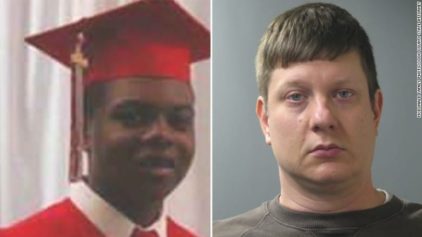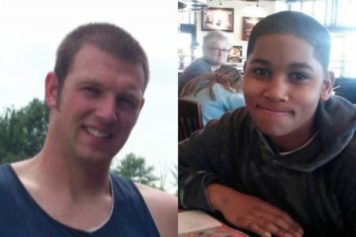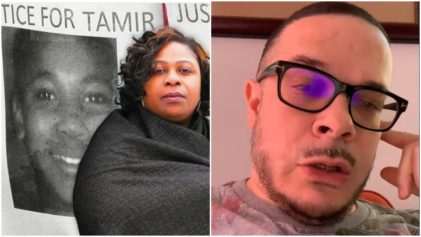
Flint, Michigan, is 56 percent Black, and with the realization that many Flint residents have been drinking toxic water, the complacency of those who’ve simply watched and allowed things to unfold is an insult.
With Al Jazeera reporting on the anger of Flint residents over a year ago, it’s easy to question whether we are living in a so-called developed world or a divided world in which individualism and greed trumps the well-being of the poor. This world seems to spin on an axis that tilts towards the masked allure of white privilege, leaving the oppressed locked in a restricted “out-group” whose future seems just as bleak as Flint water.
But the members of this out-group aren’t just Flint residents. There’s 28-year-old Akai Gurley, who was shot and killed by an officer in a New York public housing building; 12-year-old Tamir Rice, who was shot while playing with a toy gun in a Cleveland park; and 7-year-old Aiyana Stanley-Jones, who was shot by an officer as she slept.
The violence inflicted on out-group members operates in an alternate world that is intentionally disconnected from the white experience; a bulwark is thrown up, allowing the pain of the out-group to be considered through the gaps in the wall, before refocusing on the next pressing concern. Here, compassion for Black suffering becomes an artificial feeling that passes as quickly as the wind.
The enduring belief is that as long as violence happens over there, outside of my bubble, it’s not an issue. And so white people purport to be non-racist without actively opposing racism.
The writer Marlon James says it’s not enough to say, “I’m not racist;” instead people need to be active against racism, or “anti-racist,” and I couldn’t agree more. When it comes to racism, some white people find it easy to shake their heads in disgust, but this passive disagreement doesn’t improve the Black experience.
A repressed and subdued response to the murder of Laquan McDonald — who was shot 16 times by a police officer in Chicago — doesn’t do anything to challenge the system of white supremacy that dehumanizes Black men.
Let’s be clear: There are also Black people who occupy the non-racist space. And just like their white equivalents, they refrain from engaging in the overt and necessary behavior that delineates an anti-racist motivating operation.
Clearly, being non-racist doesn’t make you noble, informed, or superior; it simply makes you part of a silent majority who conform to the criteria prescribed by white supremacy. Being non-racist doesn’t make you a bad person, but it doesn’t make you particularly good either. You are just a neutral cog in a machine acting in accordance with a mass of other unconscious people.
My friends tell me they disagree with the oppression and subjugation of Black people in America, but the question remains: What exactly are they doing to galvanize change? I believe many “progressives” are just occupying the passive and compliant space of non-racism.
It’s not enough to have one Black friend or listen to hip-hop; it’s not enough to retweet #OscarsSoWhite; nor is it enough to be married to a brother if you’re not convinced of the relevance of Black liberation.
I’m sure the water-poisoned children in Flint wanted more than a passive, half-hearted resistance to environmental racism.
To white people who identify as liberal, my question is, how are you using your privilege to destroy the social constructs engineered to keep Black people down? Instead of hoarding the fruits of your existence and isolating Black people in the out-group, how can you foster integration, acceptance and freedom for all?
And that’s why activism continues to be a necessary feature of the Black Lives Matter Movement and other movements for that matter. Whether activists are disrupting brunch hot spots or political rallies, the drive for Black liberation must continue to be an incessant and conspicuous affair. One must ask questions to shift mindsets and seek legislative changes. Further, anti-racists must engage in disruptive public protest that aims to dismantle white supremacy.
And so like James suggests, non-racism isn’t enough. It is time to get active.


